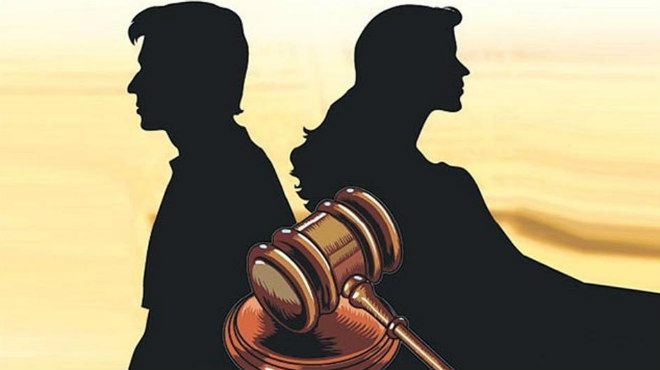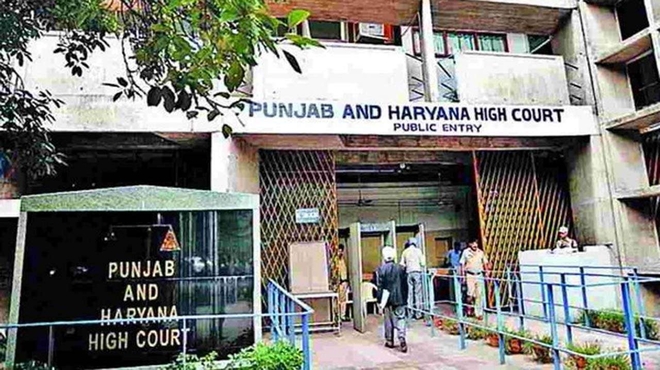The quota system in India has drew some serious flak from the communities around the world and also from within. A recent decision was to allow OBC status and quota for transgenders. But the apex court has now again ruled that this OBC quota would not cover gays and lesbians.
The Supreme Court on Thursday paved the way for implementation of its two-year-old judgment directing inclusion of transgenders within the Other Backward Class (OBC) for the purpose of reservation by clarifying to the Centre that the community would not include lesbians, gays and bisexuals.
Though the judgment was delivered on April 15, 2014, the NDA government in July 2014 had moved an application seeking clarification whether the term 'transgender' included lesbians, gays and bisexuals. Additional solicitor general Maninder Singh told a bench headed by Justice A K Sikri that though there was clarification in the judgment itself that for the purpose of reservation, the term transgender would include 'hijras' (eunuchs), a small discussion about the definition of the term in the judgment had created confusion in some quarters.
The 2014 judgment had said 'transgender' had come to be known as an umbrella term which included gays, lesbians, bisexuals and cross-dressers within its scope. However, it had clarified that for the purpose of the judgment, the term would include only 'hijras', 'kothis', 'shivshaktis', 'aravanis' and 'jogtas/jogappas'. The Justice Sikri-headed bench, which had earlier warned that it would impose cost on the Centre for filing a & quot mindless application& quot seeking clarification, was persuaded by Singh to dispose of the application by noting the self-explanatory clarification mentioned in the original judgment.
This means transgenders across India will now be legally entitled to write 'third gender' as their sex and not male or female. They will also be entitled to reservation in admissions to government educational institutions and employment as part of the OBC group. In 2014, the SC had said absence of a law recognizing 'hijras' as third gender could not be ground to discriminate against them in availing equal opportunities in education and employment.
This was the first time that the third gender got formal legal recognition. People belonging to the third gender would now be considered as OBCs, the SC had said, entitling them to reservation.
OUR TAKE
The quota system is one which has its pros and cons. But then again the pros can outweigh the cons and vice versa depending on the frame of thought that the person is looking through. But one thing to keep in mind is that the quotas are used to empower people who are disadvantageous. Using this quota system in the wrong sense, which means using it unnecessarily has its drawbacks and would obviously anger the public.
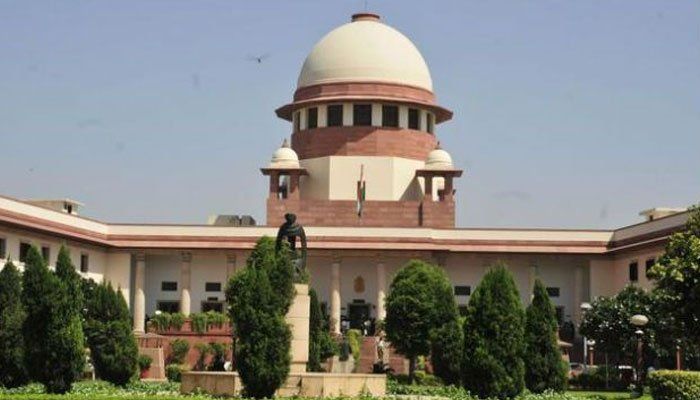
.jpg)
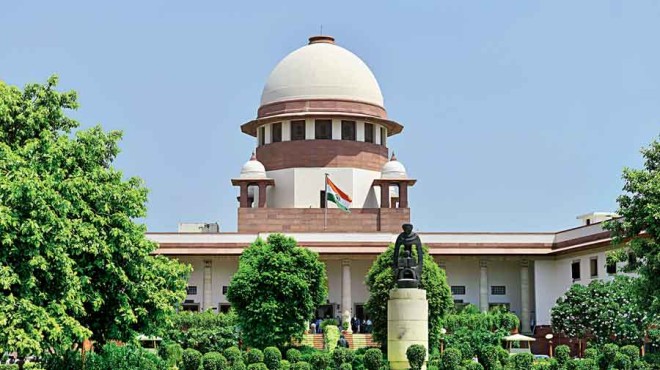


 641+ Lawyers are online
641+ Lawyers are online 

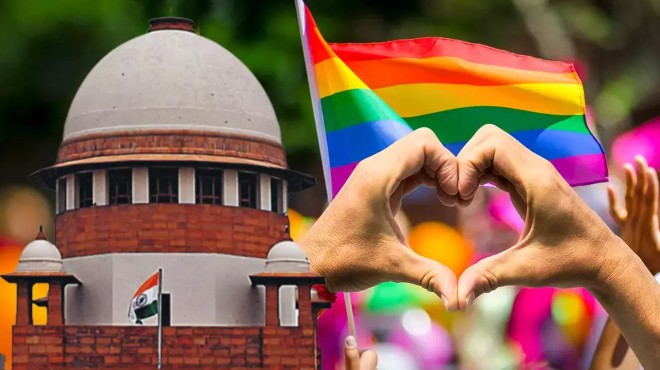
.jpg)
